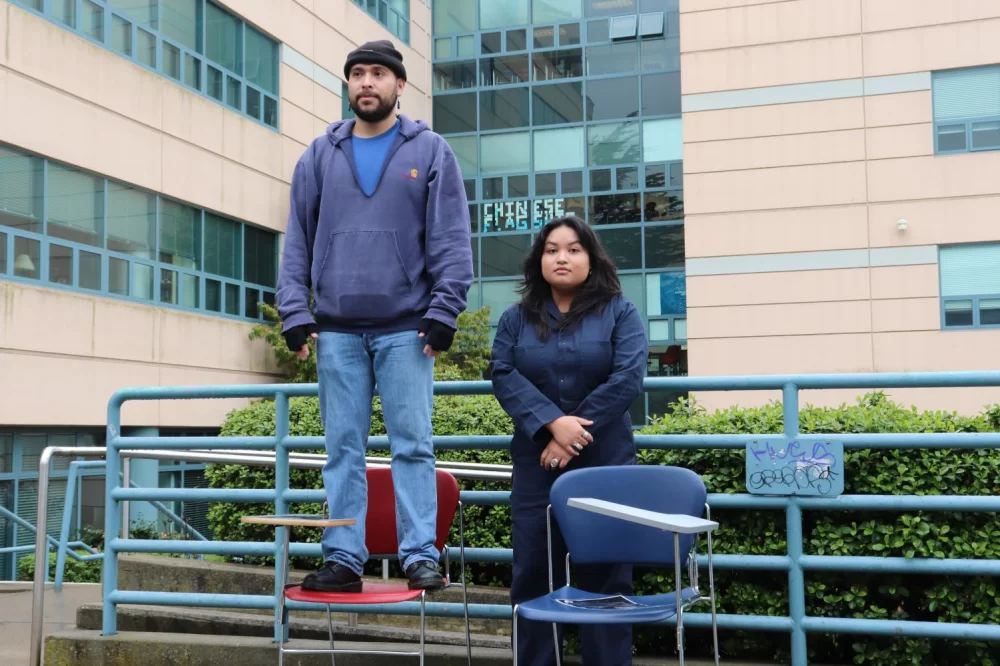
Prison Labor: Court Perspectives on Legal, Ethical, and Human Rights Debates
- historical-foundations-of-prison-labor
- constitutional-framework-and-the-13th-amendment
- how-u-s-courts-have-interpreted-inmate-labor
- recent-landmark-cases-involving-prison-labor
- the-human-rights-critique-and-global-context
- legal-guidance-and-support-for-prison-labor-cases
1. Historical Foundations of Prison Labor
The use of prison labor in the U.S. has deep historical roots dating back to the post-Civil War Reconstruction era. With the ratification of the 13th Amendment, slavery was abolished “except as a punishment for crime,” effectively allowing the penal system to continue forced labor practices under lawful incarceration.
This loophole led to the notorious convict leasing systems in the South, where prisoners—mostly Black men—were rented to private enterprises under brutal conditions. Today’s court cases often refer back to this origin story when evaluating modern inmate labor systems.
2. Constitutional Framework and the 13th Amendment
2.1 The Legal Loophole
Courts consistently refer to the 13th Amendment as the legal basis for allowing prison labor without pay. This narrow exemption means prison work programs are generally upheld as constitutional—even when wages are minimal or absent.
2.2 Equal Protection and Due Process Concerns
Despite constitutional acceptance, courts have grappled with whether prison labor violates equal protection or due process rights, especially when inmates are forced to work under threat of punishment or poor conditions.
3. How U.S. Courts Have Interpreted Inmate Labor
Judicial rulings on prison labor vary, but courts typically distinguish between punishment and exploitation. For example, in Ruffin v. Commonwealth (1871), the court held that prisoners were “slaves of the state.” Though outdated, the sentiment shaped many modern interpretations.
More recently, federal courts have ruled in favor of correctional departments, stating that forced prison labor—even without pay—is not a violation if it is related to institutional needs and doesn’t constitute cruel treatment.
4. Recent Landmark Cases Involving Prison Labor
4.1 Shields v. Illinois Department of Corrections (2020)
This case brought by inmates challenged the state’s lack of compensation for hazardous prison labor. Although the court rejected the claims based on precedent, it acknowledged growing public concern and ethical questions about profit-driven prison work systems.
4.2 Blackmon v. Mississippi DOC (2018)
Inmates alleged that they were subjected to unpaid labor under conditions similar to slavery. The federal appeals court allowed the case to proceed on 13th Amendment grounds, setting a new precedent for reviewing such claims.
5. The Human Rights Critique and Global Context
While U.S. courts often lean toward constitutional literalism, international human rights organizations have called American prison labor practices exploitative. The United Nations has cited U.S. prison labor conditions in its criticisms of systemic racial and economic injustice.
In contrast, several European nations have adopted voluntary work models with full pay and labor protections, showing how different legal systems view prisoner rights through ethical lenses.
6. Legal Guidance and Support for Prison Labor Cases
For families and advocacy groups seeking justice in prison labor disputes, understanding court perspectives is only the first step. Effective legal representation is critical. Whether filing a class-action suit or challenging specific work conditions, experienced attorneys in civil rights and labor law are essential.
At ESPLawyers, we bring a nuanced understanding of constitutional law and human rights principles. We help individuals and advocacy networks assess their options, file impactful legal actions, and fight for humane prison labor reforms.








